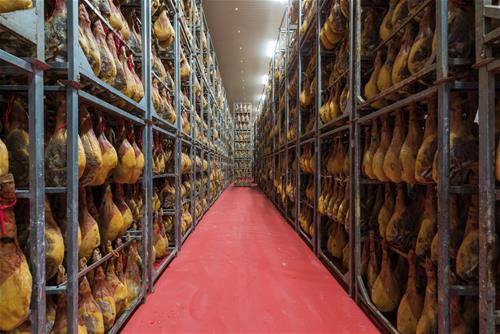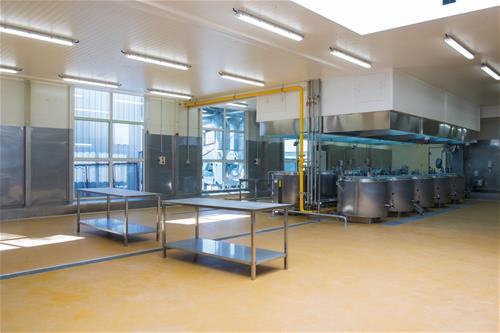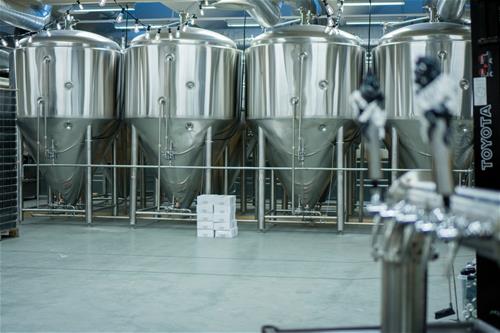Lantai Epoxy (EP) dan Polyurethane (PU) banyak digunakan untuk lantai industri di seluruh dunia.
Kedua sistem ini biasanya digunakan di industri berat, gudang, logistik, dan general manufaktur. Setiap kali ada pekerjaan yang melibatkan kendaraan berat, misalnya forklift, lantai PU akan menjadi pilihan.

Lapisan lantai epoxy memiliki kekuatan tekan yang lebih tinggi dibandingkan dengan lantai polyurethane dengan sistem coating.
Sebaliknya, lantai polyurethane dengan sistem coating biasanya hampir sekuat lantai epoxy. Namun lebih fleksibel dan lebih tahan gores. Secara umum lantai PU juga dapat menyerap benturan jauh lebih baik daripada lantai epoxy.
Karena fakta bahwa, secara umum lantai PU lebih fleksibel, ini adalah pilihan yang baik untuk substrat pada bangunan yang umumnya mengalami pergerakan, seperti tempat parkir bertingkat. Lantai PU dengan sistem coating biasanya juga dapat berfungsi sebagai lapisan kedap air untuk mencegah retakan beton (substrat) melewati lapisan lalu muncul retak di permukaan atas.
Dalam hal paparan bahan kimia, lantai semen polyurethane adalah pilihan yang lebih baik terutama di industri makanan seperti produksi susu, susu dan minuman di mana lantai terpapar asam laktat dan asam buah lainnya.

Yang perlu diperhatikan terkait dengan paparan bahan kimia adalah adalah dapat mengubah warna lapisan. Kebocoran atau paparan bahan kimia apa pun di lantai harus dihilangkan secepatnya untuk menghindari penetrasi dan kerusakan yang dapat membahayakan lingkungan. Sistem lantai yang tepat dapat direkomendasikan dengan memahami jenis bahan kimia yang digunakan di fasilitas sebelum pemilihan jenis lantai.
Bahan material epoksi biasanya sangat sensitive terhadap kelembaban, sedangkan lantai semen-polyurethane mempunyai toleransi yang lebih baik terhadap kelembaban.
Kondensasi, kelembapan lantai, atau kelembapan yang sangat tinggi selama aplikasi flooring dapat menyebabkan kerusakan parah dalam hal gelembung, lecet, lubang kecil, dan kerutan di permukaan atas serta masalah pelepasan ikatan dari substrat beton.

Bahan lantai semen-polyurethane biasanya lebih cepat kering daripada bahan lantai epoksi. Jika sebuah proyek perlu diselesaikan dalam waktu singkat, lantai semen-polyurethane bisa menjadi pertimbangan. Namun, aplikasi lantai semen-polyurethane dibutuhkan pengalaman dari aplikator terkait dari waktu reaksi material yang lebih cepat dari pada umumnya.
Ada banyak produk lantai industri di pasaran. Penting untuk dipahami bahwa harga tidak selalu menjadi satu-satunya faktor, namun juga pertimbangan akan jenis bahan yang tepat untuk fasilitas dan / atau tujuan yang diinginkan.
Hubungi kami untuk kebutuhan project anda.





Comments
Load more comments